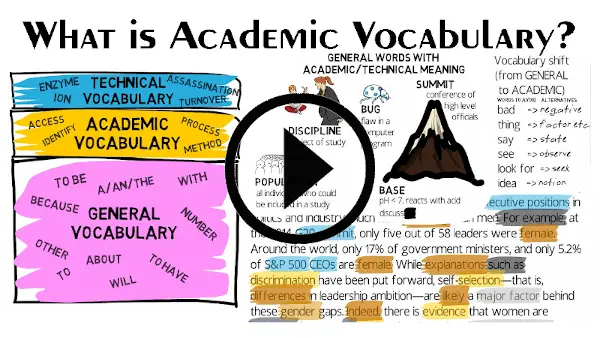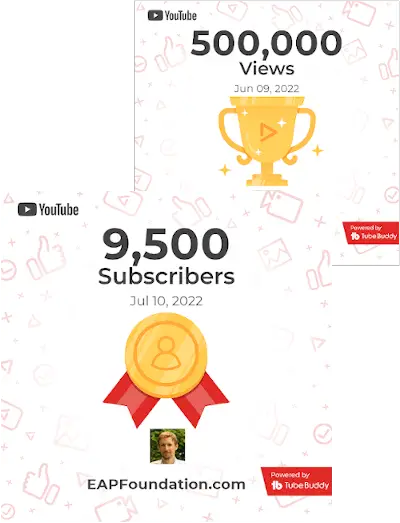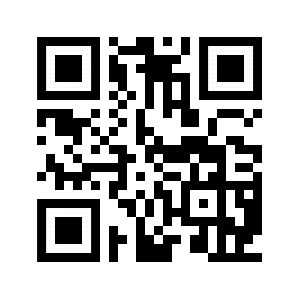|
Academic vocabulary can be especially challenging for learners, since it is more abstract and difficult than the
general vocabulary they may
be used to, and, in
contrast to
technical vocabulary, it is unlikely to be
defined by
subject teachers.
This video takes a
close look at academic vocabulary, considering some
important single word wordlists,
including the Academic Word List (for receptive
use) and the Academic Vocabulary List (for productive
use),
as well as multiword lists
such as the Academic Collocation Lists, the Academic Formulas List, and the Discourse Connectors List.
It also explains the vocabulary shift that is
required when transitioning from
general to academic English,
in other words
recognising which words are and are not suitable for academic
use, and academic
alternatives of some
general words, e.g.
- negative instead of bad
- state instead of say
- notion instead of idea
It also considers some
general words with special
meaning in academic
contexts, e.g.
- discipline=subject of
study
- population=all the people who can be
included in a survey
- base=substance that reacts with an acid [Chemistry]
- bug=flaw in a computer program [Computer Science]
Bringing it all together is an example text, with the vocabulary
analysed
in terms of
technical words, words from the AWL and AVL, academic
formulas and collocations.
As always,
there is a
worksheet for
use with the video.
KEY:
Words from the AVL [first 500] highlighted in yellow
Collocations from the ACL highlighted in orange
Academic formulas from the AFL highlighted in cyan
Watch: What is academic vocabulary?
[YouTube / Youku]
Check out: Video worksheet (with answers)

|
























